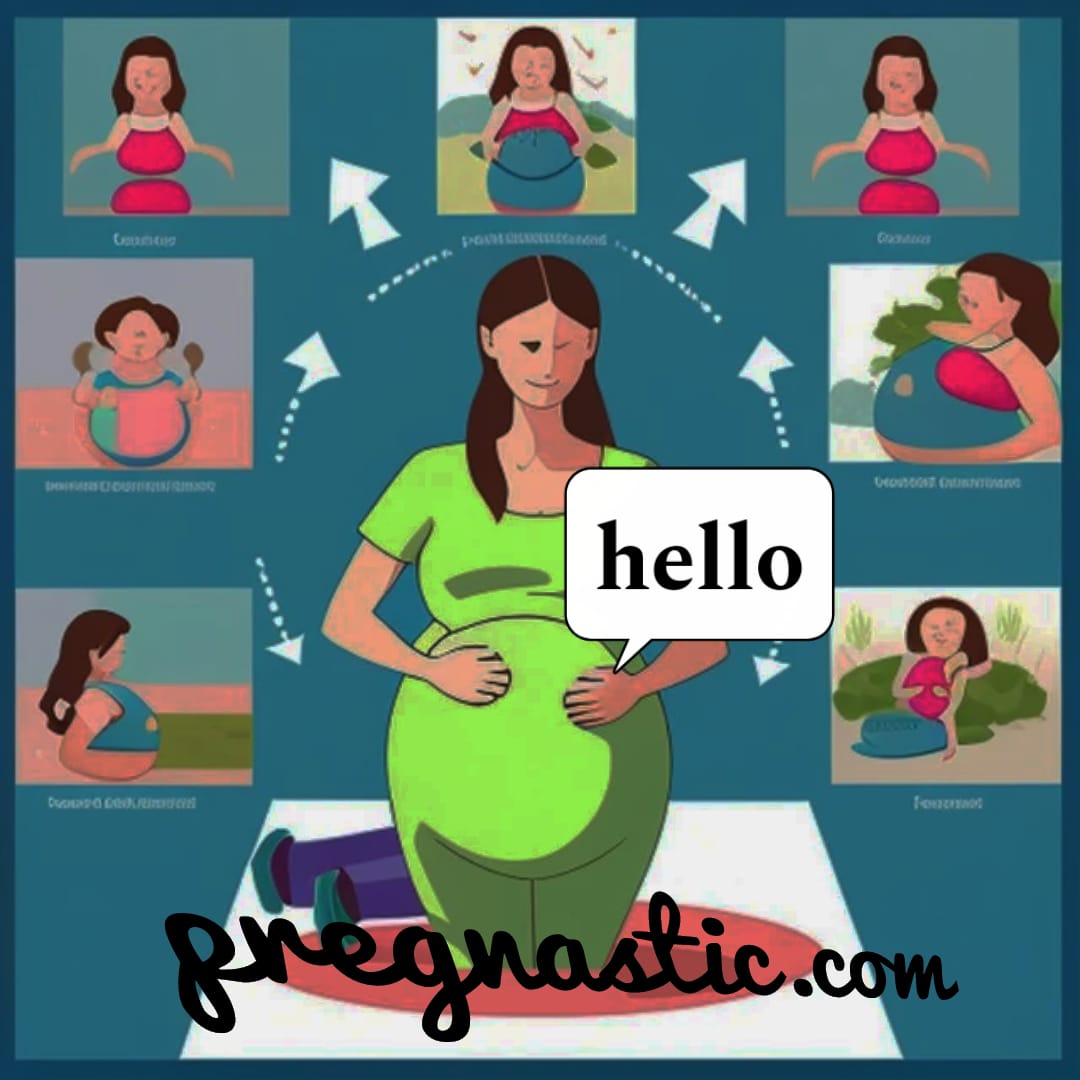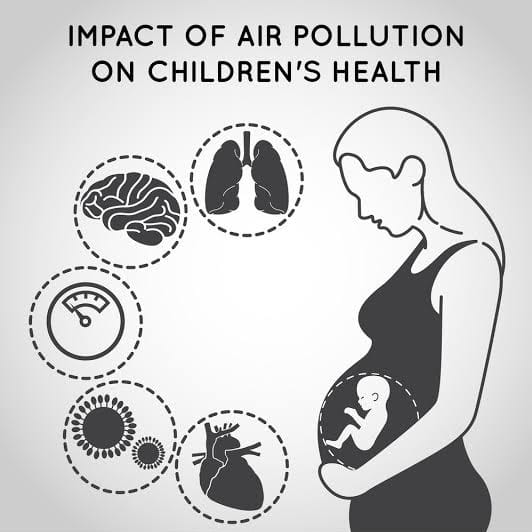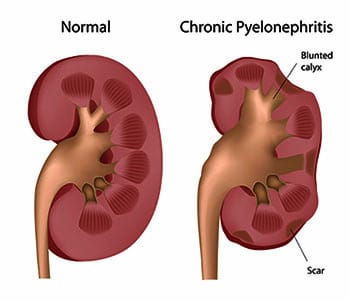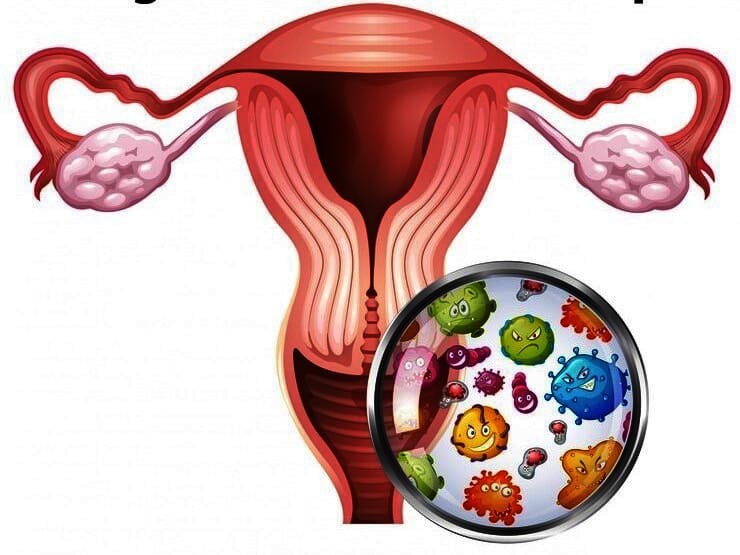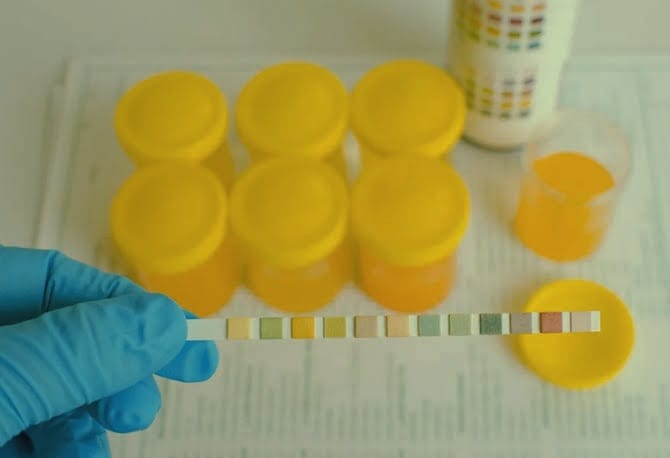Dizziness and Pregnancy
serious. During motherhood It must not be ignored the symptom by the mother, even if it causes no discomfort. Feeling dizzy during a pregnancy could be connected to an underlying health issue of concern to the baby or the pregnant woman.
Some factors that can cause dizziness during pregnancy:
Blood volume changes:
Blood circulation ramps up when a woman becomes pregnant. Circulation breaks the body’s blood volume up to 50 percent in a pregnant woman’s system in the beginning. The Circulation boost could mean a woman feels dizzy when she changes positions. Moving from lying down to sitting up and from sitting up to standing up too fast can disrupt the flow, resulting in dizziness.
Hormonal changes:
One of the ways a woman’s body changes to accommodate a pregnancy is by producing various types of hormones. This hormone works to widen and relax the walls of blood vessels, which can temporarily lower blood pressure. Low blood pressure can also lead a woman to feel lightheaded or dizzy.
Fluctuations in sugar levels:
As pregnancy progresses, a woman’s metabolism changes. Sometimes, it can cause a woman’s blood sugar levels to drop suddenly, which can leave a woman light-headed or dizzy at any point during pregnancy.
Anemia:
When a woman is pregnant, her body produces more blood so that nutrients and oxygen can be delivered to the growing fetus. As part of this process, the body’s iron is diluted, and the result can be fatigue and dizziness.
Pressure on Blood Vessels:
The uterus create pressure on blood vessels, particularly when you are lying on your back, heading to dizziness.
Managing Dizziness during Pregnancy
While dizziness can be a normal part of being pregnant, there are things you can do to help control and minimize it.
Dizziness can be made worse by dehydration, so it is important to drink plenty of water.
To help alleviate pregnancy-related dizziness, try to maintain steady blood sugar. Many women find that eating small, steady meals of nutritious foods throughout the day helps to stave off both dizziness as well as the nausea that sometimes accompanies pregnancy.
A drop in blood pressure with sudden movement is responsible for many cases of dizziness during pregnancy, so take it easy. Rise slowly from lying or sitting may also help to pause dizziness.
Lying on your left side improves blood flow and may help reduce episodes of light headedness. Most physicians these days do recommend against lying flat on your back after the first trimester, as your growing uterus can press on major blood vessels, possibly leading to fainting, particularly as you move into the second and third trimesters.
Lots of water and good nutrition help keep blood moving, so do not let yourself dehydrate or skip regular, balanced meals. Avoid moving suddenly, and do your best to maintain good posture.
Loose clothing can also help, since tight cloths are not doing your blood flow well.
While the mild dizziness is nothing to worry about, a few situations might worth an immediate medical checkup includes:
Prolonged Dizziness: If your dizziness is severe or continues, it may be an indication of underlying problems, such as low blood pressure or anemia, that need to be addressed.
Dizziness accompanied by other symptoms: Dizziness that is accompanied by bleeding, headache, blurred vision, or palpitations could be an indicator of more serious conditions, such as ectopic pregnancy or preeclampsia.
Conclusion
It is not unusual to experience an episode of dizziness during pregnancy, but that does not necessarily mean you should wave it off, especially if it is serious enough to interfere significantly with your normal daily activities. It is even more urgent if accompanied by another symptom. A little bit of awareness can go a long way, so familiarize yourself with some of the possible sources and some simple strategies you might try to mitigate dizziness. Most importantly, however, be sure to keep your healthcare provider in the loop about your symptoms so they can make sure that there is nothing more threatening at play either for you or your little one.

